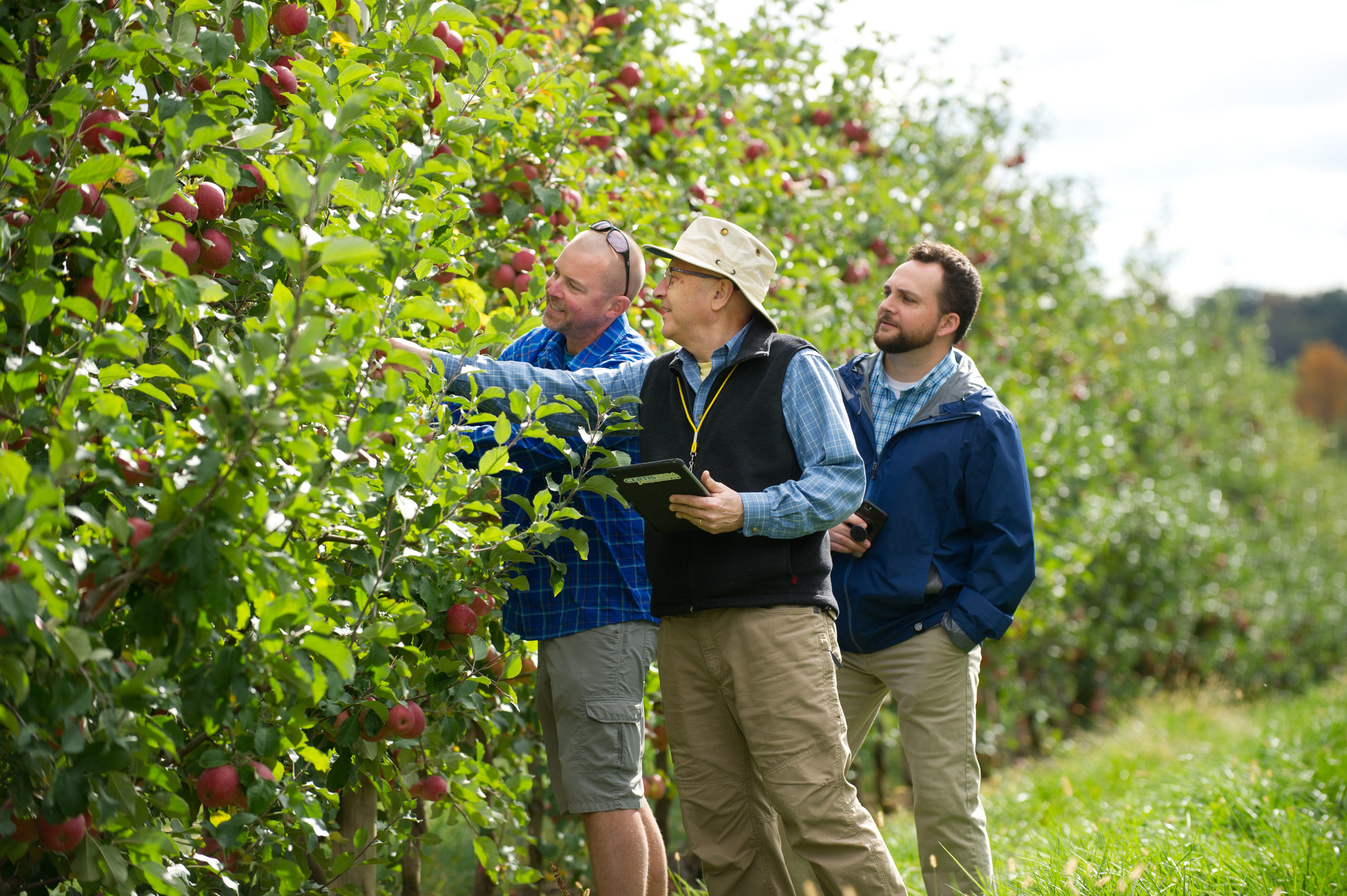
Jul 16, 2021
Biological industry maturing after decades of change
The nature of the biologicals business has evolved greatly in the last few decades.
Just ask executives at Certis Biologicals, which recently rebranded itself after celebrating its 20th anniversary.
Certis USA was established in 2001 after Mitsui & Co. acquired Thermo Trilogy, but the company’s legacy goes farther back to the 1990s when W.R. Grace pioneered the use of neem technology to create Trilogy, an early EPA registration for neem-oil-based biopesticides.
A fermentation plant in southern California’s San Joaquin Valley, built at the site of a one-time dairy, is where it all started. Today it owns another plant in Butte, Montana, and co-owns and operates a facility in India for extracting neem oil from raw plant material.
“Our business predates that 20th anniversary and it starts with the formation of that state-of-the-art liquid fermentation facility that we have in Wasco, California, and that’s actually the cornerstone of our manufacturing presence in biologicals,” said Certis Biologicals President and Chief Executive Officer Amy O’Shea.
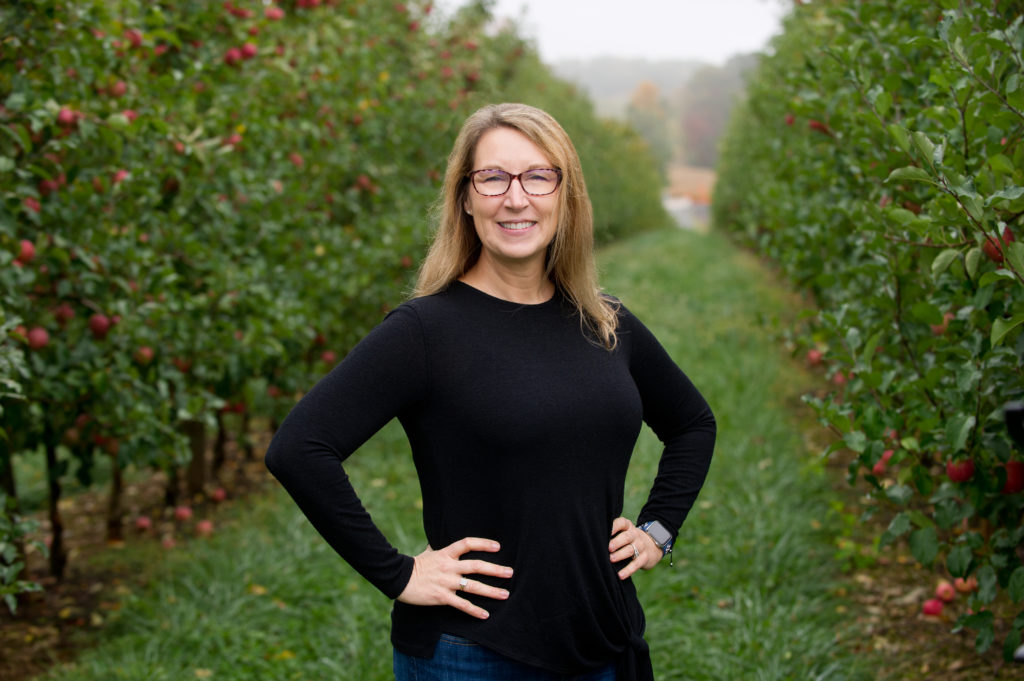
Over the life of the company, biologicals have enjoyed greater acceptance. Russell L. Hamlin, who’s the director of agronomy for large-scale organic and conventional vegetable grower Grimmway Farms, values Certis’ biologicals for being innovative and working in the field.
“They exceed expectations in terms of service and desire to help us understand how their materials fit into our growing systems,” he said. “Their commitment to developing biological products helps us be more sustainable as a company and helps to promote organic agriculture as a whole.”
Organic use and beyond
Although most of the company’s products are either listed by the Organic Material Review Institute, the USDA National Organic Program (NOP) or otherwise OK’d for organic production, Mike Allan, Certis’ vice-president, North America, said that the biological products are no longer just for organic growers. Conventional growers are interested and growers who are transitioning acres to organic are using biologicals on both types of farm operations.
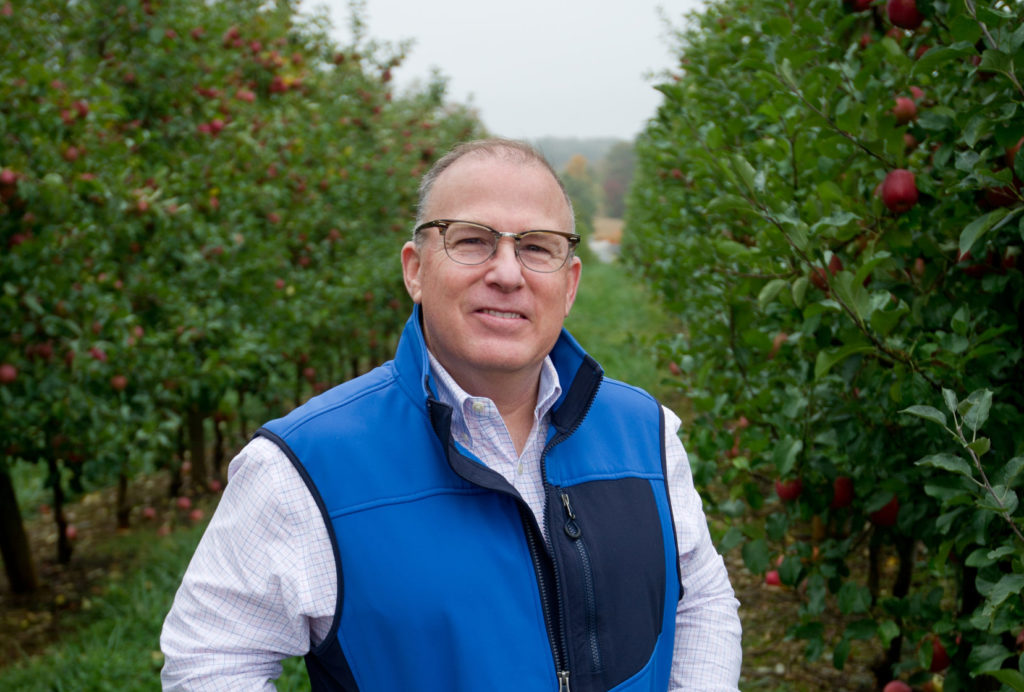
“The expectations and understanding of what biologicals can deliver today are more fully understood than it was years ago,” Allan said. He added that the products have evolved to be “much more consistent in their efficacy and use, and in expectations that the growers realize.”
“They’re much more confident that they can deliver the efficacy that’s needed and they are in ideal fit in an integrated pest management program,” Allan said. “And they’re far easier to use – they give the farmers freedom of choice. It gives them the opportunity to choose with an OMRI-listed product that has as a short REI, a short restricted entry interval, and MRL exemption so the grower can manage their practices more accurately and equally. It will only get better.”
Biologicals are also a way for growers to guard against pests and diseases developing resistance to chemical controls, Allan said.
“Resistance is a real issue growers face every day,” he said. “The fewer and fewer conventional chemistries that become available to them lead to the adoption of biologicals. It breaks up the pattern of use in the field, which then reduces the potential for resistance development to chemistries, but also, when it comes to biologicals, their benefit comes from a different mode of action than what is found in conventional chemistries.”
An integrated approach
O’Shea said that part of the value of biological products is helping growers to keep pesticide residues under EPA-set tolerances, which are sometimes reduced. It also helps them demonstrate concern for worker safety and respond to consumer preferences for fewer chemical inputs in agriculture.
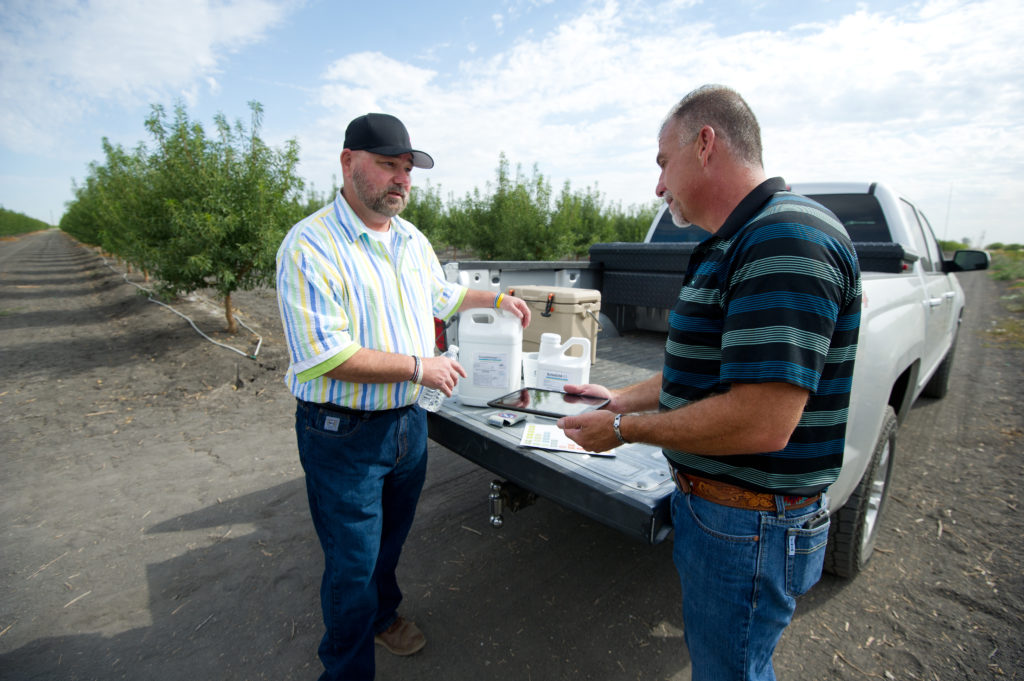
“If you look to the future, I think you’ll see biologicals integrated more and more alongside chemical, synthetic alternatives,” O’Shea said.
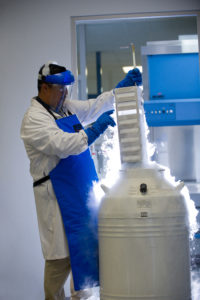
Looking ahead, the company sees many expansion opportunities.
“What I see for a company like Certis is the opportunity to continue to expand within our current core category of biopesticides into some of the other adjacent segments,” O’Shea said. “I also see that while we’re currently selling in 50 countries, our primary markets are the United States and Europe. I would see a further exploration of taking our current technologies and adding unique technologies and formulations that would allow us to get our products to growers more quickly.”
That expansion could even include products in the grain crops.
“Our approach previously has been to cater to the specialty crop market,” Allan said. “We work through California, the (Pacific Northwest), Florida, the East Coast. … We are realizing, as the industry is changing, the growing demand for biologicals in the row crop segment.”









